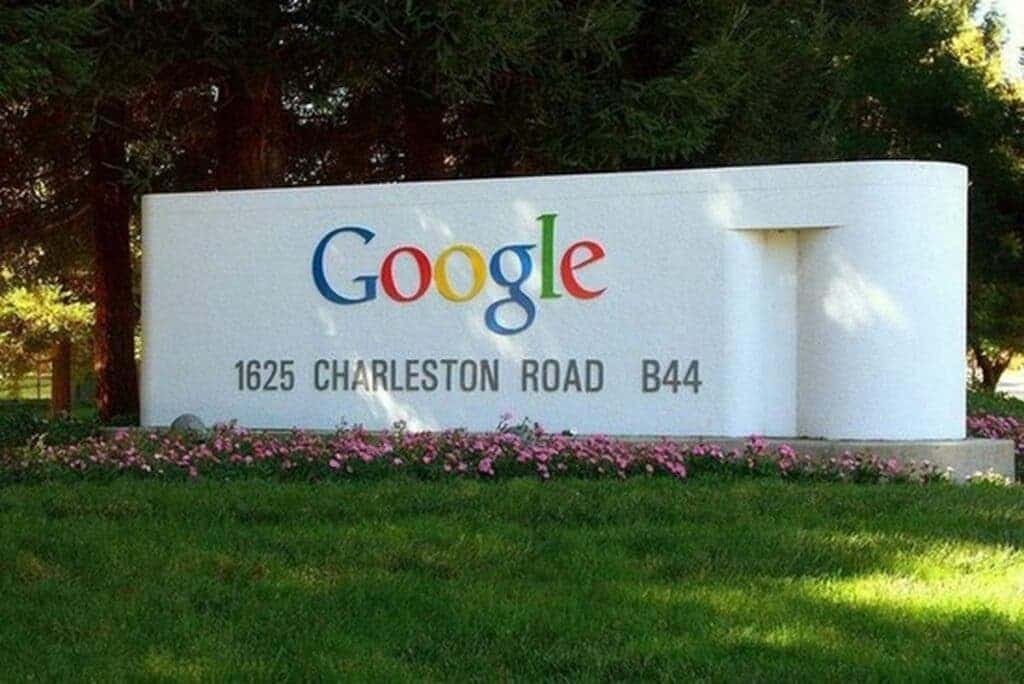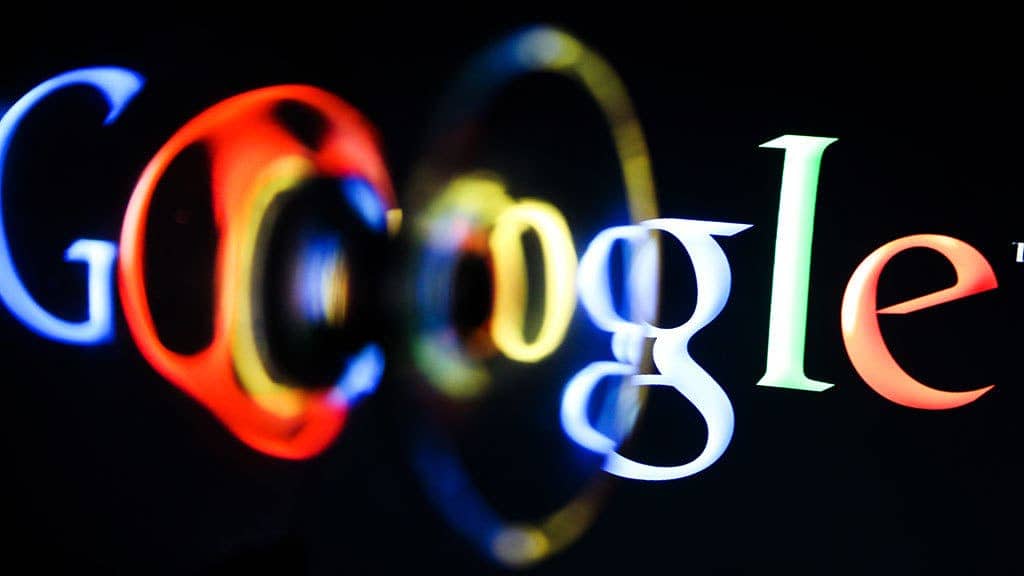Google will soon start requiring Fitbit wearable device users to migrate from Fitbit accounts to Google accounts. As of now, it appears that the transition will be voluntary for a few years. However, by early 2025, Google will make it mandatory for all users to transfer their accounts. Before and after the $2.1 billion acquisition of Fitbit in January 2021, there have been concerns about user privacy. There were also concerns about whether Google has direct access to users’ data. In an update to the Fitbit support page, the permission change could happen within a few years.

At the moment, Fitbit devices use a Fitbit-specific account, which in most cases is separate from the Google system. The exception is when the user enables the option to share Fitbit data with Google’s various apps. Of course, when this happens, the data will save separately. This show that there is no integration between the Fitbit account and Google account. The changes on Fitbit’s support page reveals that Google will prompt users to sign in with a Google account starting in 2023. New users signing up for an account or existing users upgrading and wishing to access new features must use a Google Account associated with Fitbit.
Fitbit account will have to merge with the Google account
Other users who keep their Fitbit account separate from Google can avoid doing so, but with a time limit. “Support for Fitbit accounts will continue until at least early 2025,” reads the support page, after which users will need a Google account. According to reports, the change will be of benefit to users. This includes “single sign-on for Fitbit and other Google services, industry-leading account security, centralized privacy controls for Fitbit user data, and more.”

This move has caught a lot of attention in the industry. According to Google, the process of migrating users’ data will be very easy. Furthermore, the company promises that it will handle all the data with care. Google claims that it uses user data to power its various products and services.
“Google will continue to protect the privacy of Fitbit customers and has made a series of binding commitments with regulators around the world. This includes a confirmation that Fitbit user health data will not be used for Google ads,” the page said. “These data will be kept separate from Google Ads data.”
The pledges were made to ease concerns about regulators scrutinizing the Fitbit acquisition. These commitments, which last ten years, require technical separation of Fitbit user data. It prevents data from being used for Google Ads and guarantees user choice as it involves granting access to data, and other elements. It is not a surprise that Fitbit users have concerns over their data being with Google. Some users do not trust Google with data because of its tendency to use the data for ads. However, if Google’s promise is anything to go by, the company will not use users data for advertisement.
Google refuses to share costs with telecom operators
According to reports, Google refuted calls by European telecom operators to want big technology companies to fund their network costs. The company claims that it is a 10-year-old idea that is not good for consumers. Moreover, Google has invested millions of dollars in Internet infrastructure.

European telecom operators long have an idea about internet costs which large U.S. companies reject. The operators believe that U.S. tech companies such as Google, Meta and Netflix should bear some of the cost of upgrading their infrastructure. This is because these companies account for more than half of the internet traffic. Earlier today, Deutsche Telekom, Orange, Vodafone, Telefonica and more than 10 other European telecom operators made the strongest call to jointly ask these big tech companies to share network costs. The call is getting stronger as the EU faces an energy crisis. In addition, there is also a need to achieve climate change goals.
The European Commission will take a decision on the call in the future. Subsequently, the European Commission will seek feedback from the telecommunications and technology industries on the issue in the coming months. It will get this feedback before deciding whether to make any legislative proposals.
Google objects
Matt Brittin, president of business and operations for Google EMEA, officially responds to the call. In his response, he claims that the idea is 10 years old and it could undermine Europe’s net neutrality or open Internet access. He concludes that this idea will ultimately not be good for consumers.

“The introduction of the ‘Sender Pays’ principle is not a new idea and would upend many of the principles of an open internet,” Britting said in a speech at a conference organised by telecom lobbying group ETNO. This view is similar to what we heard 10 or more years ago, and we haven’t seen new data that changes that.” Brittin also claims this could have a negative impact on consumers, especially when prices rise.
Britting said that as YouTube’s owner, Google has done its part to make telecom providers more efficient by carrying 99 per cent of traffic. To this end, Google invested millions of euros. “In 2021, we have invested more than 23 billion euros in capital expenditures, the bulk of which is on infrastructure,” he said. This includes 6 large data centers in Europe, 20 submarine fiber optic cables worldwide (5 in Europe), and caching digital content for local networks in 20 European regions. Google claims that it has its fair share of investments in infrastructure already.





